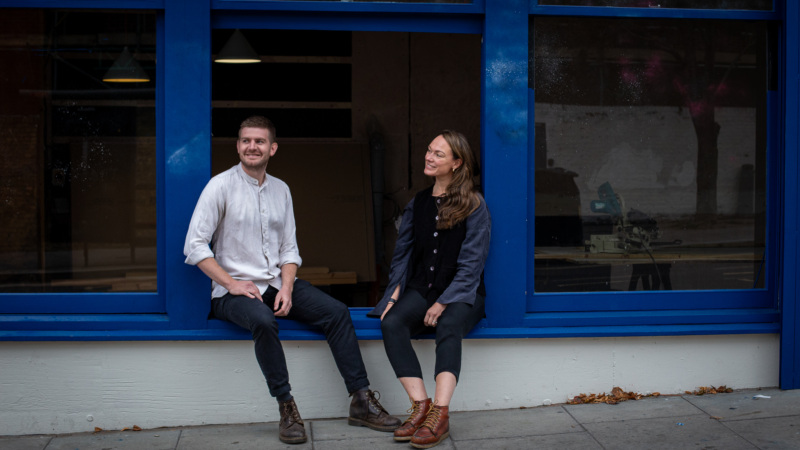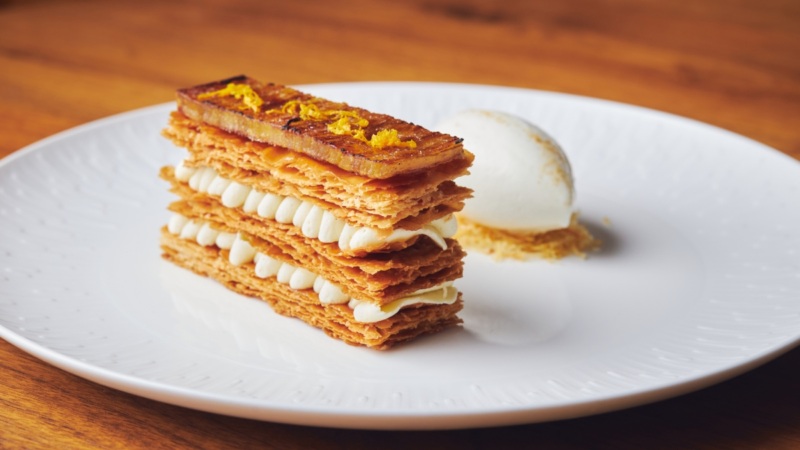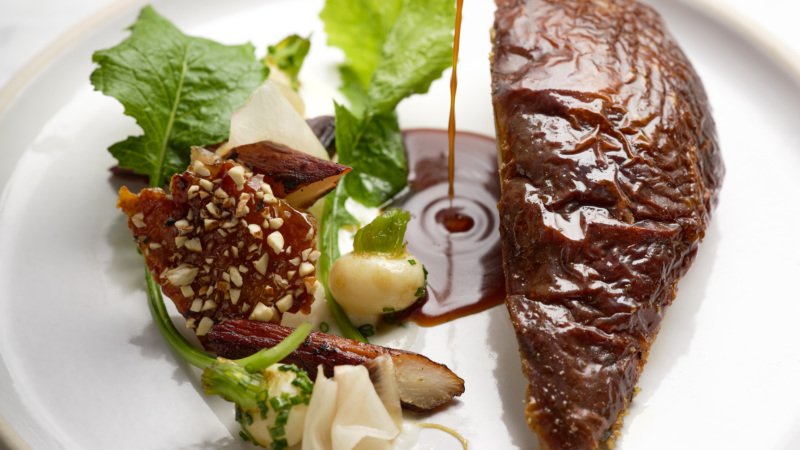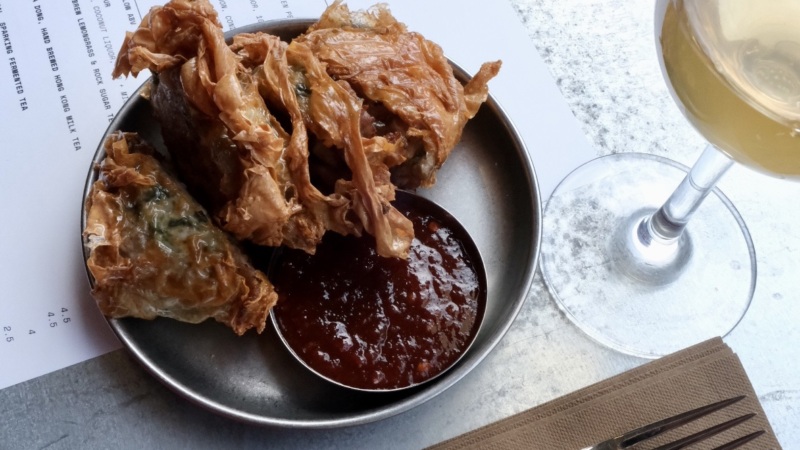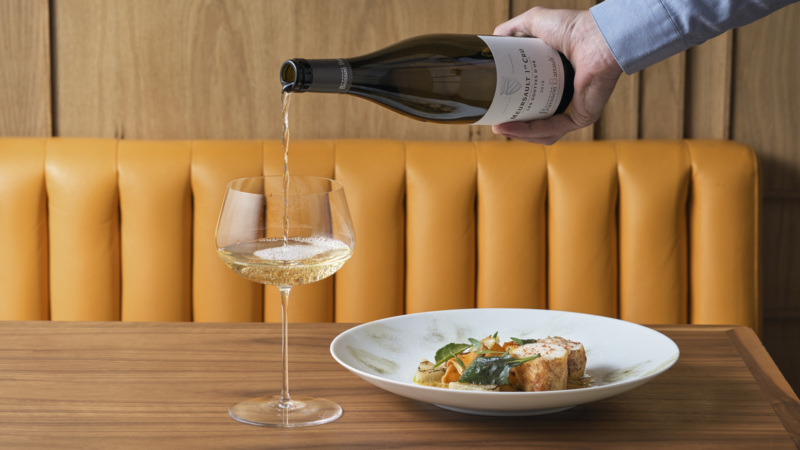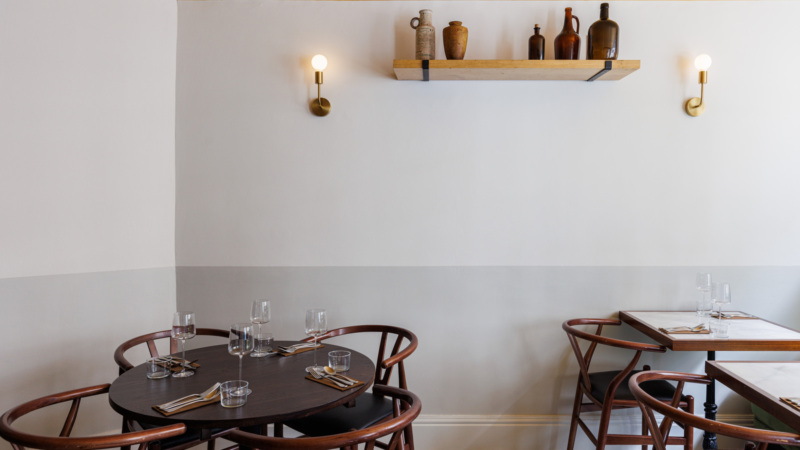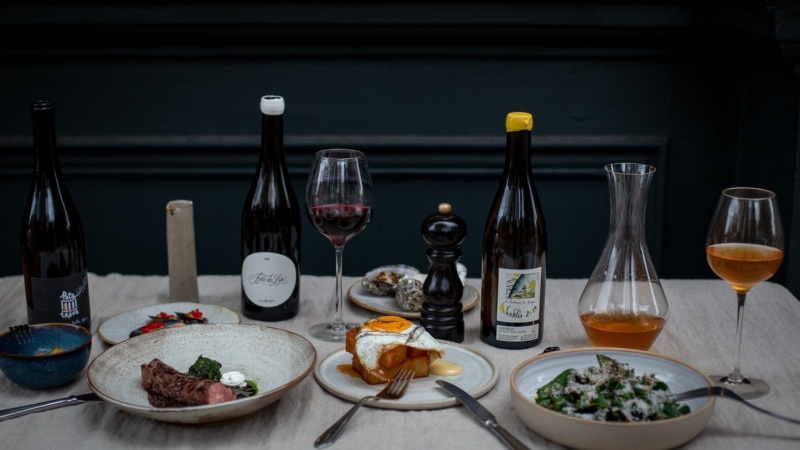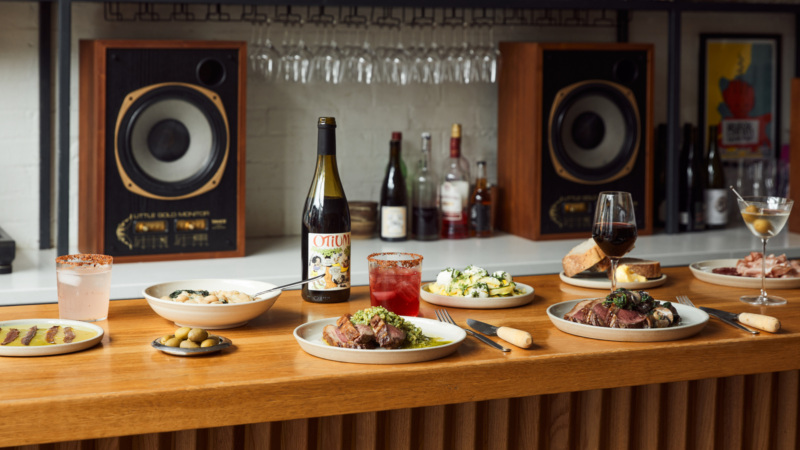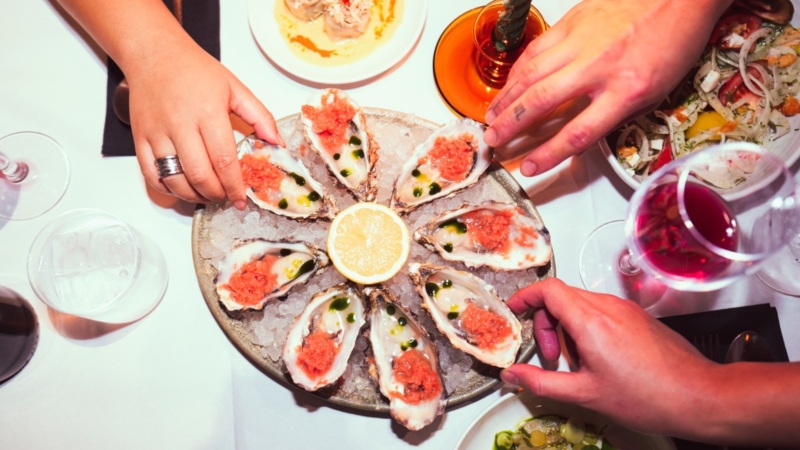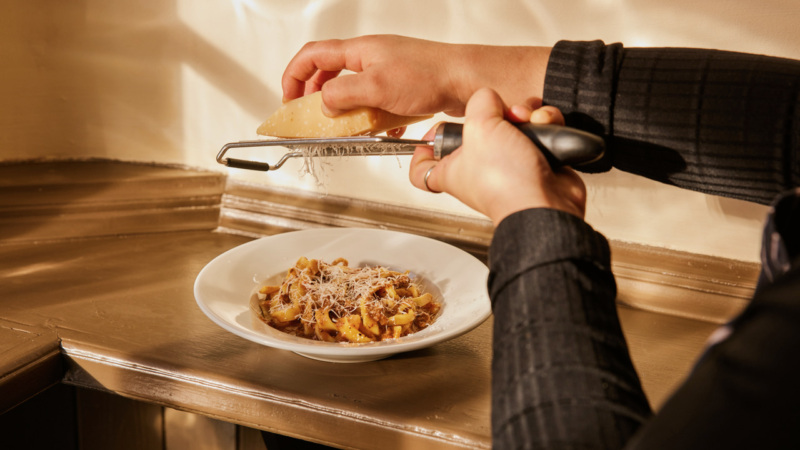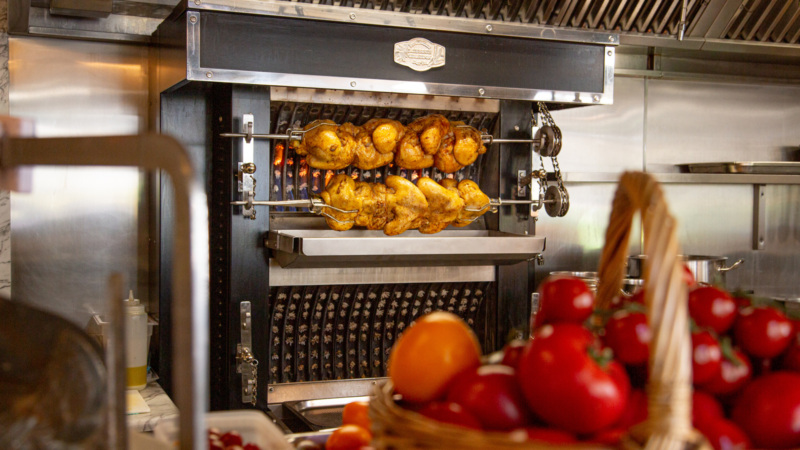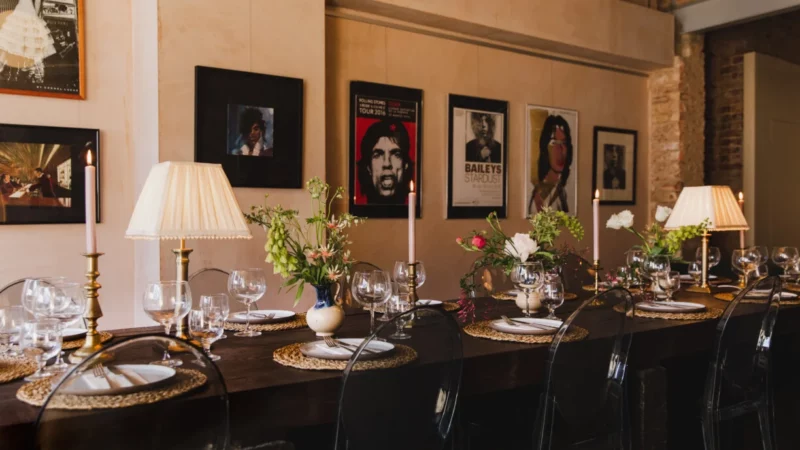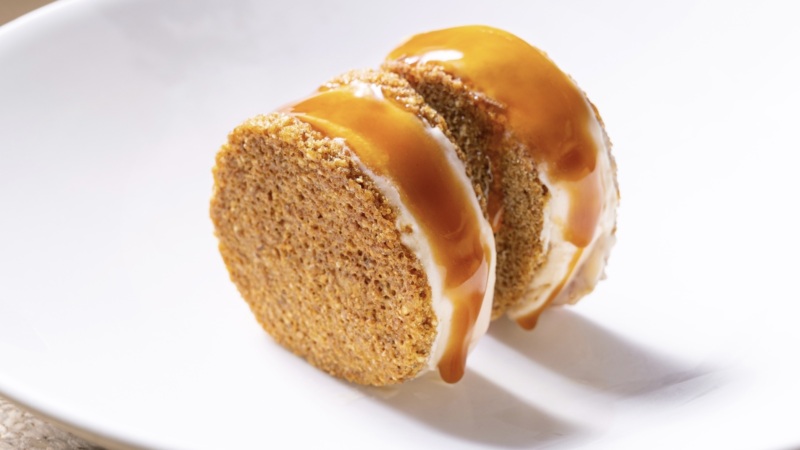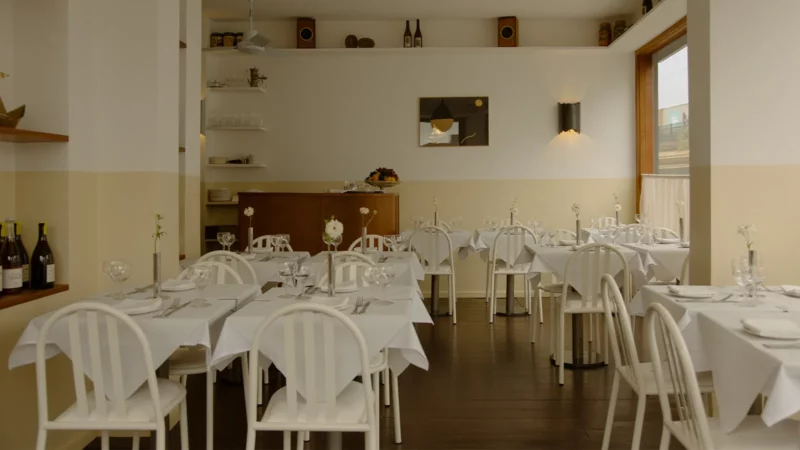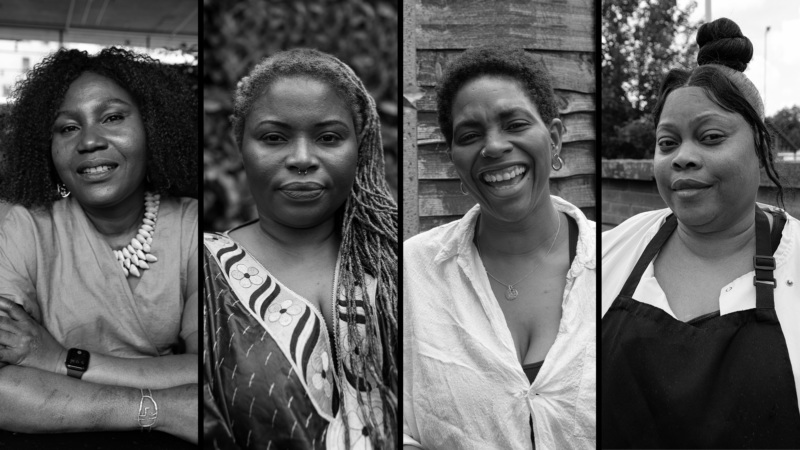
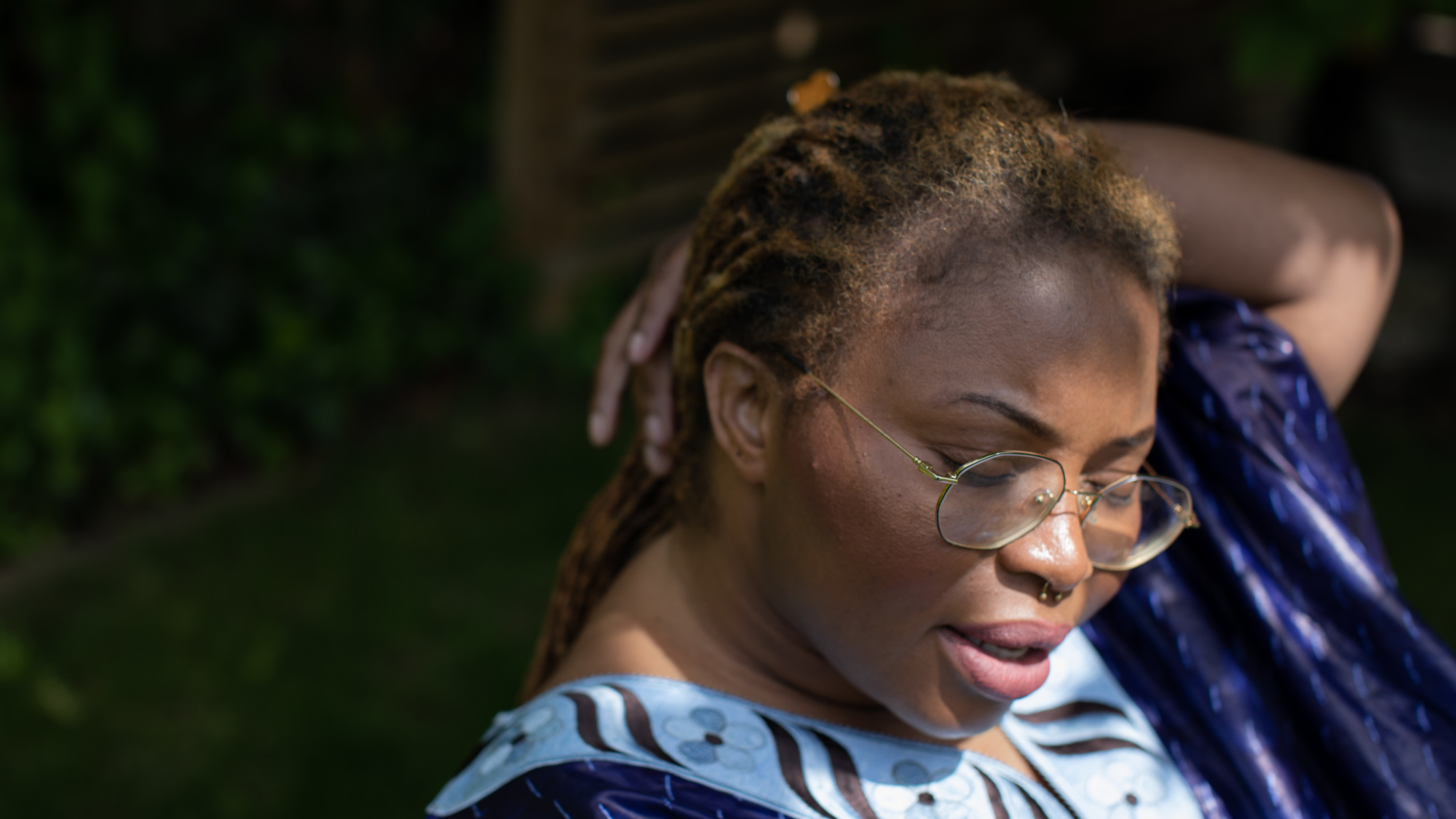
Maria Bradford, Chef and Founder of Shwen Shwen
Shopping in the stunning markets of Sierra Leone engages all the senses.
To hold the produce and feel its weight, to smell it, inspect it. An innate understanding of what is good, taught young until it’s as instinctive as breathing.
So, when Maria Bradford moved to the UK, the experience of shopping in a supermarket jarred. “The community aspect of food has always interested me,” says Maria, “and I missed that a lot when I came to England. There’s no relationship really when you go to supermarkets.”
But gradually, in Kent, Maria built a similar community, one grounded in food.
“Being able to create that in Kent is one of my favourite things. I know my veg supplier, my fishmonger, a butcher, and I have a relationship with them. I really enjoy that connection with the people, just like when I was little.”
Maria runs Shwen Shwen, a supper club, pop-up and online store serving Sierra Leonean food. It was borne out of a desire – no, a need – to connect to her homeland. Cooking had always brought her joy, and so it became a natural balm to soothe the displacement she felt in the UK.
“Especially being in Kent. It did feel a bit isolated at first. We are quite a way outside of London and far from the established Afro-Caribbean community I would hang out with. I was home-sick on occasions and especially after the birth of my first child. I can’t get closer to Sierra Leone than when I’m cooking traditional food in my kitchen, and my children and husband eat it.”
“My children will ask for things – my daughter loves cassava leaf, and if it’s in the house she’ll want to eat it for breakfast, lunch and dinner,” she says. “My husband jokes that if he’s on death row he’d choose fufu and egusi soup for his last meal. I tell him he’ll be the only white man asking for that. But it’s fine – even if he eats it with a knife and fork.”
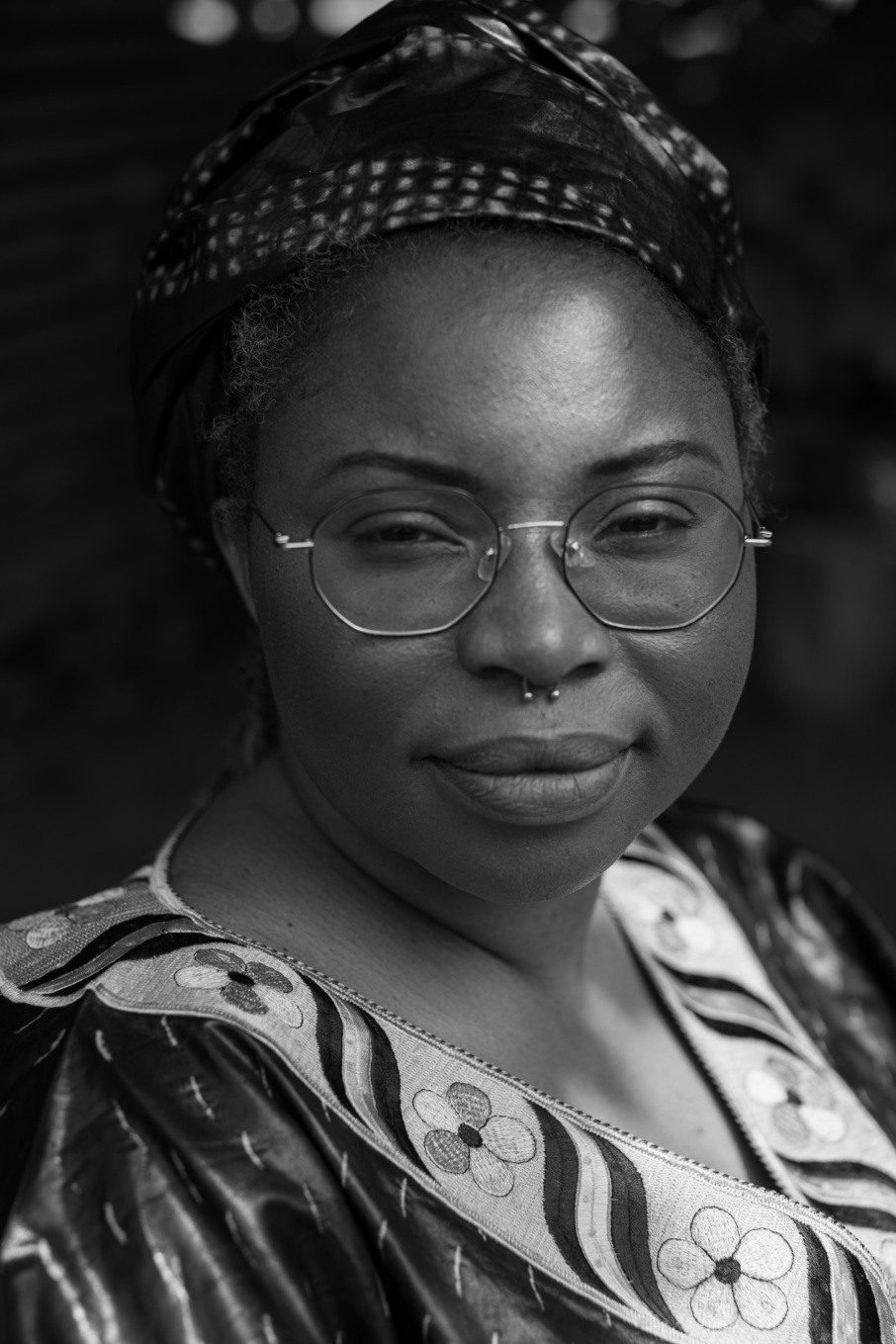
The joy with which Maria talks about food is intoxicating. Her face is bright yet serious as she details the complexities of Sierra Leonean cuisine and its nuances in comparison to other West African styles. Her love for it was cemented early by shopping in markets with her mum and learning the ropes: who sold the best peanuts, and who the best person was to grind them into peanut butter; how to smell ogiri for quality, the fermented sesame seed paste that forms the basis for so much of Sierra Leonean food; checking the fish gills to check for freshness; judging the quality of palm oil by its smell, and by what it’s been stored in. Subtle, seemingly minor things that hold great significance.
Meal preparation saw mothers, daughters, aunties and grandmothers – it was usually the women – come together to grind chilli peppers on a stone, cut onion and pick leaves. For her part, Maria was “expected to watch and take it in” and not ask too many things. “I’d ask questions, ‘why do you do this?’ And people disliked it, they’d tell me to stop asking questions,” she says.
“But it’s those nitty gritty questions that I was interested in.”
The first go at codifying Sierra Leonean food comes with an unfair responsibility to represent an entire nation. It is a pressure white authors of European cookbooks do not face.
That knowledge would have stood Maria in good stead for a career in food, but that was never an option. “I’d rather cook than anything else, but they train you to cook for your husband, not to become a chef or cook.”
“Me cooking is probably my Mum’s biggest disappointment!”
Cooking was deemed a servient role that came with few prospects, unlike more ‘esteemed’ professions such as accountancy or medicine. And initially Maria followed that path, becoming an accountant and working for a local authority and then for her husband’s business.
She was doing cooking jobs on the side – catering a cousin’s wedding, functions and parties, and even though people loved her food, Maria’s confidence held her back. So she enrolled onto a cookery course at Leith’s. “Even though everybody else was saying ‘this is fantastic’, I didn’t have the confidence. I needed that little bit of paper to say, ‘yes Maria, you can cook.’”
Now, food is her job. And she is working on the project of a lifetime, a cookery book due to be released in Spring 2023.
The shameful dearth of Black-authored cookbooks in Britain is only just beginning to be addressed, following from the wake of the murder of George Floyd in 2020. And the African continent is perhaps the most neglected by UK publishers. To Maria’s knowledge, hers will be the first Sierra Leonean cookbook published in the UK.
It’s a fact that triggers conflicting emotions. Joy, of course, in being given a platform on which to celebrate such a wonderful cuisine. But also fear. The first go at codifying Sierra Leonean food comes with an unfair responsibility to represent an entire nation with all its complexities, regional variations, and nuances. It is a pressure white authors of European cookbooks do not face and is a consequence of decades of underrepresentation.
For Maria it means negotiating those nuances. The nation’s south and its propensity towards more traditional food; Freetown’s reputation for the best fufu; how Sierra Leone’s jollof differs to its neighbours’. “It’s added baggage and it causes anxiety because it’s a massive responsibility – it’s literally taking ownership for a nation’s food, outside of that nation.”
“There are 16 different tribes in Sierra Leone, and each has different things they are really good at. So what I say in my book is, ‘that’s what I know’.”
The issue of ‘accessibility’ is another issue Maria has to navigate. While once-fringe ingredients like bottarga, quinoa and pomegranate molasses have become mainstream, some cornerstone ingredients of Sierra Leonean cooking haven’t enjoyed the same interest. She’s determined to write recipes as she knows them. “It’s about respecting the difference, being faithful to the culture and cuisine, and not watering it down. “
“If you want to cook Sierra Leonean food, find cassava leaf. Find potato leaf. Find your nearest Afro-Caribbean store, interact, and get those ingredients. Don’t just say you can’t cook it because you can’t find those ingredients. You can find them if you look for them,” she explains.“This is us. This is your neighbour. This is what we eat, what we grew up eating, the stories my grandmother told me about this food.”
“I’ve been quite adamant about it. It’s got to the time where, as Black people, we’ve got to stop rolling over and making it nice for everybody. If I can make the effort to find Asian ingredients I can’t find easily or buy online, people can with our food. It is worth investing the time in. We have traditions, cultures, and history. We’ve embraced yours — it’s about time you embrace what we have.”
Melissa Thompson is a London-based food and drink writer. Follow her on Instagram and Twitter. Follow Resy, too.

